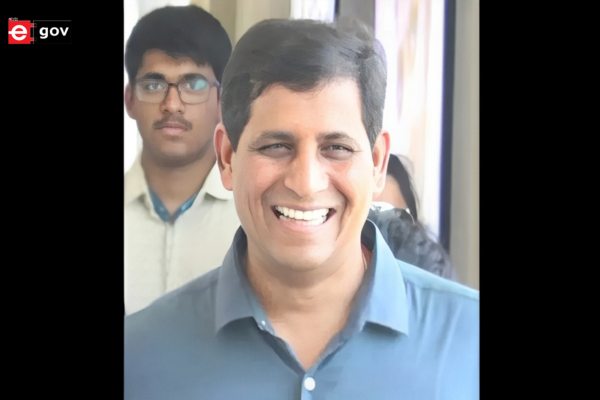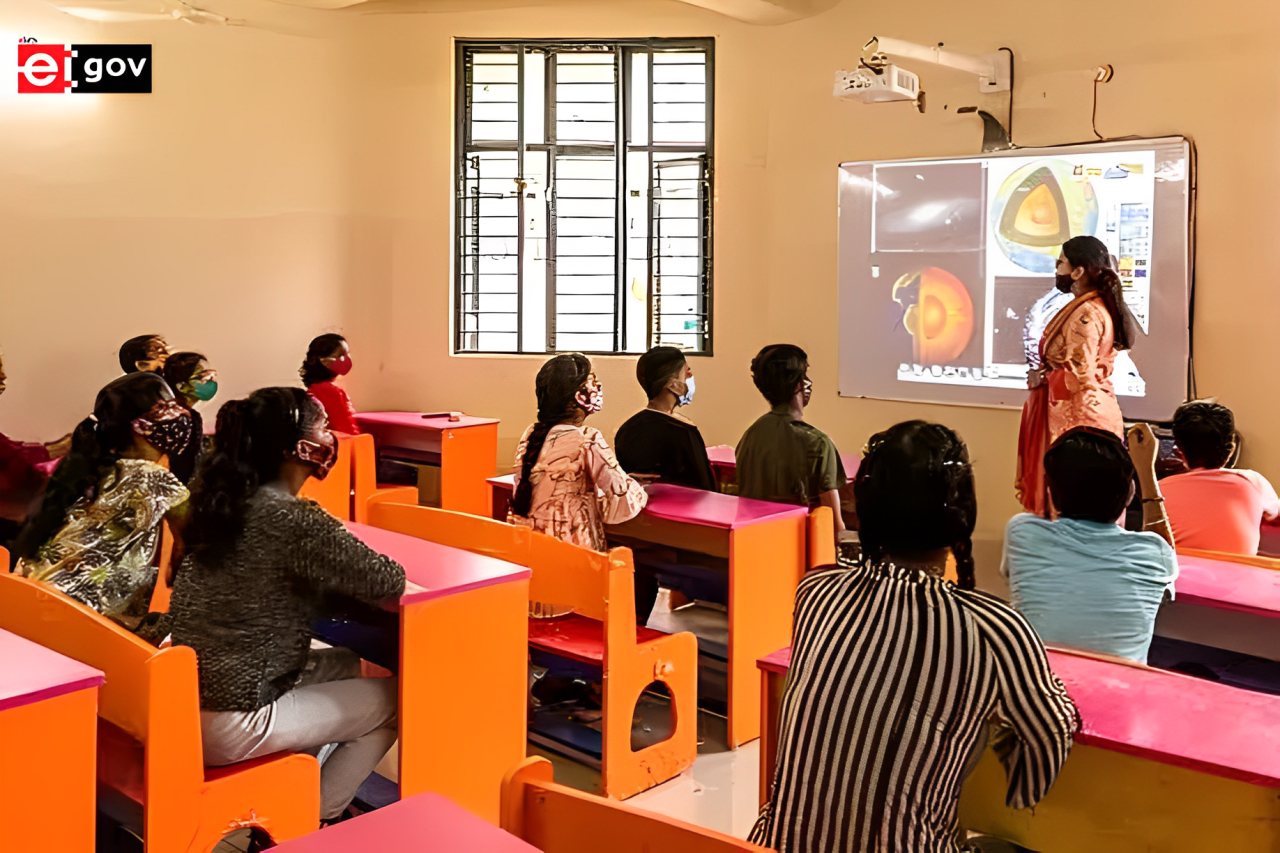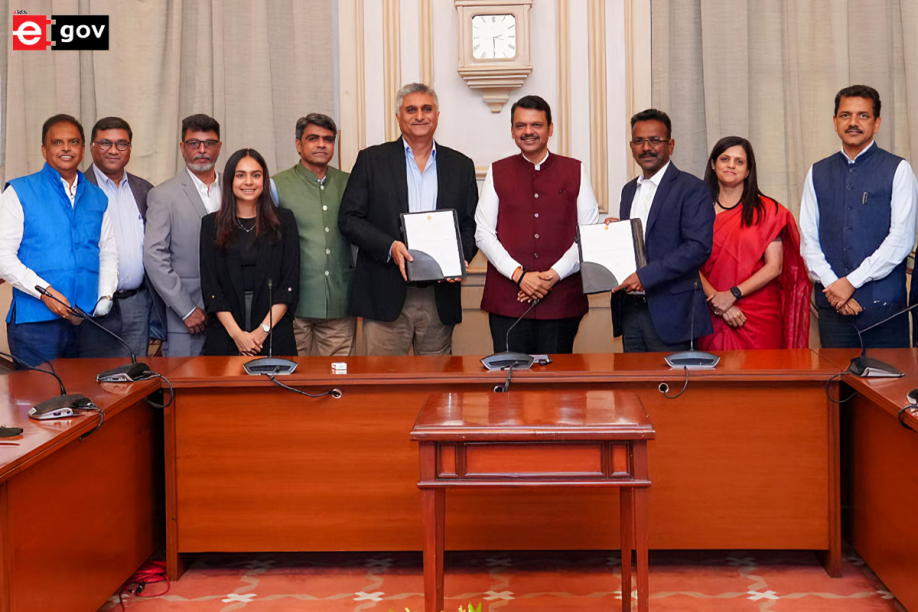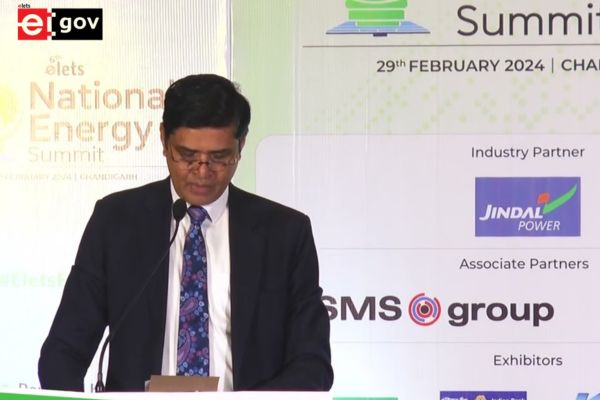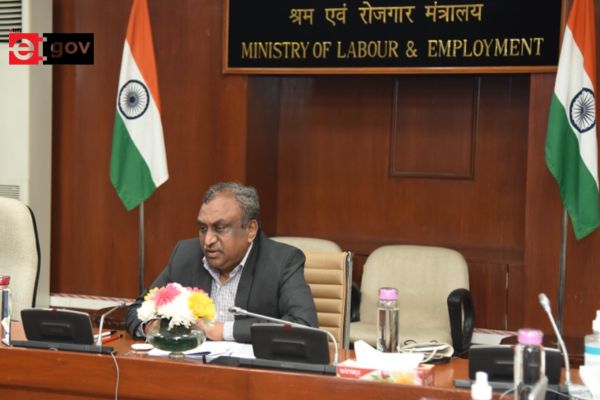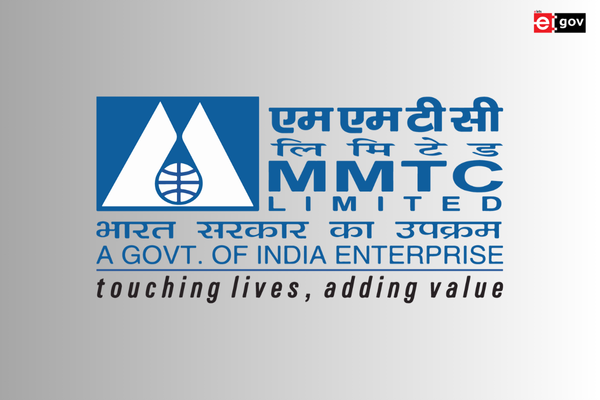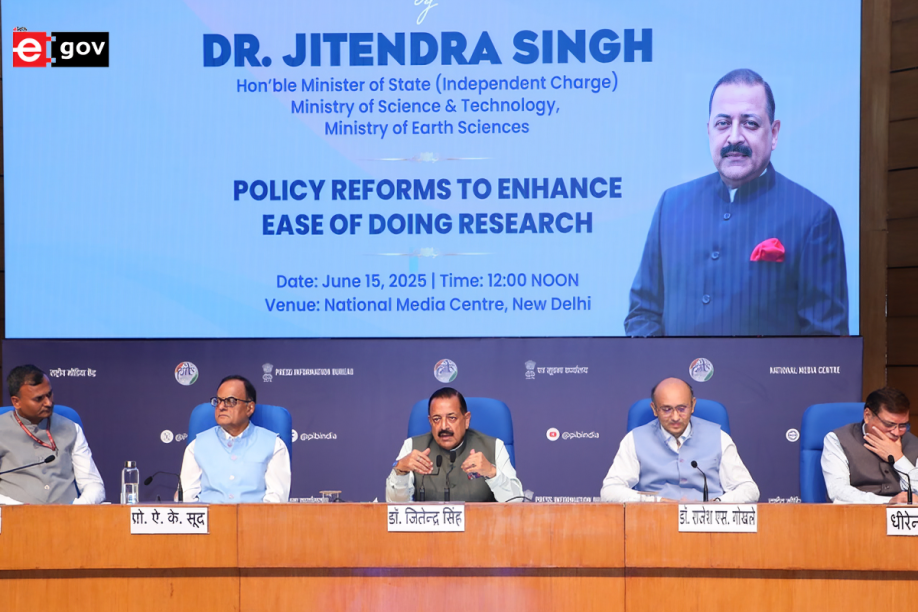
In a landmark move aimed at transforming India’s research and innovation landscape, the Union Minister of State (Independent Charge) for Science & Technology, Dr. Jitendra Singh, announced a series of policy reforms on June 15, 2025. The measures are designed to enhance the Ease of Innovation, research, and science, granting greater autonomy to research institutions and facilitating faster, more efficient procurement processes.
Speaking at the National Media Centre, New Delhi, Dr. Jitendra Singh credited Prime Minister Narendra Modi’s vision and unwavering support for enabling these significant reforms. “Such pathbreaking decisions could not have been possible without the personal indulgence and support of Prime Minister Sh Narendra Modi,” he stated.

The reforms were formulated after extensive consultations led by the Principal Scientific Adviser’s Office, with inputs from 13 Indian Institutes of Technology (IITs) and other research organisations. The changes mark a critical step under the broader vision of Azadi Ka Amrit Mahotsav—celebrating India’s progress in innovation and development over 75+ years.

Key Policy Highlights:
- Non-GeM Procurement for Specialised Research Equipment:
Directors of scientific institutions and Vice Chancellors of universities are now empowered to bypass the Government e-Marketplace (GeM) for acquiring specialised research tools when necessary, removing a longstanding hurdle in accessing essential equipment. - Revised Financial Ceilings:
The General Financial Rules (GFR) have been amended to double the direct purchase limit from ₹1 lakh to ₹2 lakh. Departmental purchase committee thresholds now range from ₹2 lakh to ₹25 lakh. The ceiling for limited tender enquiries is raised from ₹50 lakh to ₹1 crore. - Global Tenders Empowerment:
Institutional heads are now authorised to approve Global Tender Enquiries (GTEs) up to ₹200 crore, significantly enhancing their ability to source high-end, global-standard research equipment without centralised delays.
“This is a move that places trust in the science leaders of this country,” Dr. Singh emphasised. “We are cutting red tape and empowering those at the frontlines of scientific innovation.”

Implications for India’s R&D Ecosystem
The reforms are expected to significantly reduce bureaucratic delays, improve access to cutting-edge technology, and enable faster project execution for researchers, start-ups, and higher education institutions. Dr. Singh noted that previous restrictions had inadvertently hampered India’s scientific progress, as pointed out by the Economic Advisory Council to the Prime Minister.

Importantly, these changes align with the National Education Policy (NEP) 2020, promoting interdisciplinary learning and research autonomy. “If we allow students the freedom to shape their learning, we must also free the institutions that support their research,” Dr. Singh said.
This announcement follows similar liberalisations in India’s space and nuclear sectors, which have spurred unprecedented growth and private participation. The government envisions these science policy reforms as a critical catalyst for driving India’s innovation-led growth.
With India marking 11 years of the Modi government, these reforms underscore a continued commitment to empowering scientists, encouraging youth-led development, and reinforcing India’s position as a global innovation leader.
Be a part of Elets Collaborative Initiatives. Join Us for Upcoming Events and explore business opportunities. Like us on Facebook , connect with us on LinkedIn and follow us on Twitter, Instagram.
"Exciting news! Elets technomedia is now on WhatsApp Channels Subscribe today by clicking the link and stay updated with the latest insights!" Click here!






